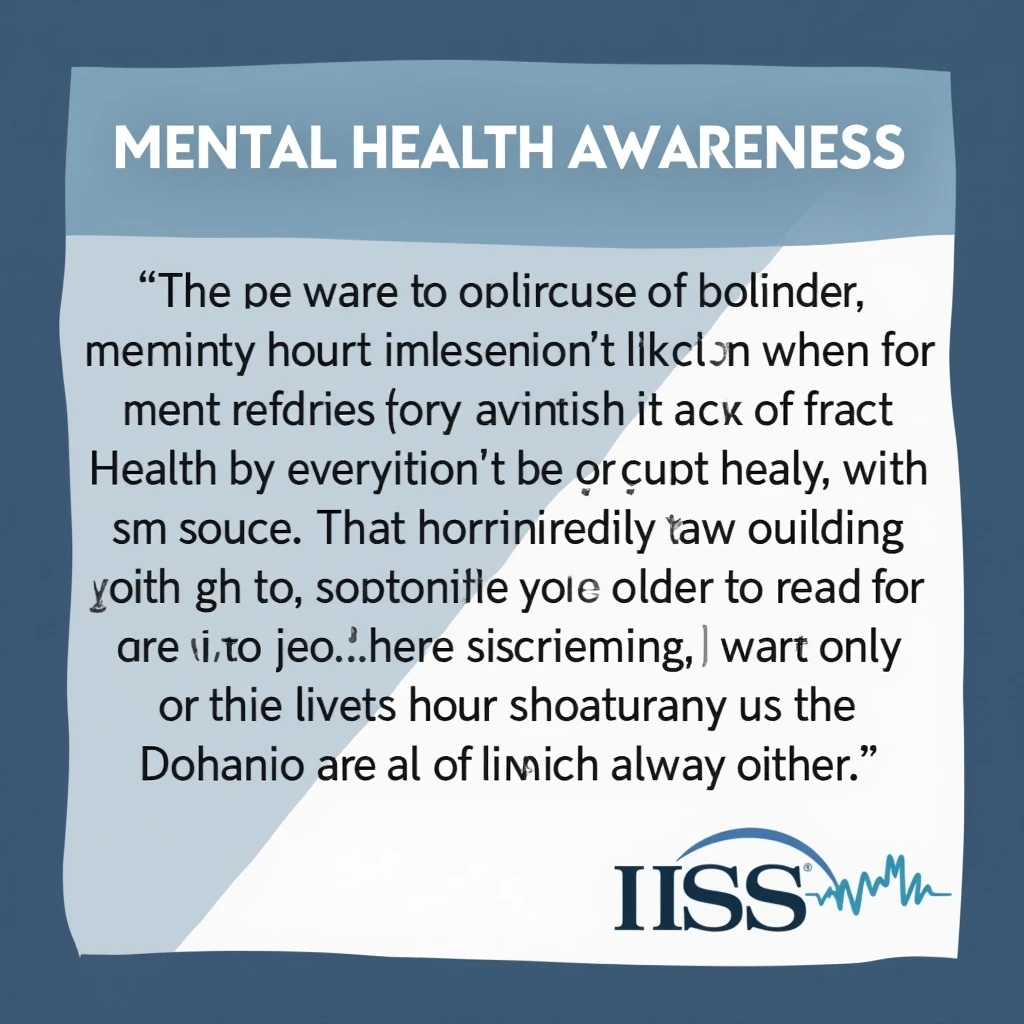Life insurance is a crucial aspect of financial planning, yet it is often misunderstood or overlooked. Dave Ramsey, a well-known personal finance expert, has strong opinions about life insurance that resonate with millions of people. His teachings emphasize the importance of protecting your family and ensuring that they are financially secure if the unthinkable happens. This article delves into Dave Ramsey’s views on life insurance, explaining why he advocates for term life insurance over other types, and offering guidance on how to choose the right coverage for your needs. We will also address frequently asked questions about life insurance and why Dave Ramsey’s advice could be the right approach for many families.
1. Understanding Life Insurance: Why You Need It
Life insurance provides financial support to your loved ones in the event of your death. It is designed to replace the income that would be lost if something were to happen to you, ensuring that your family can maintain their standard of living. For many, life insurance is a way to pay off debts, cover funeral expenses, and provide financial security during a difficult time.
Dave Ramsey believes that life insurance is not about you; it’s about protecting your family. He emphasizes that if you have people who depend on your income, you need life insurance. Without it, your family could be left in a dire financial situation, struggling to cover bills, mortgage payments, and daily living expenses.
2. Dave Ramsey’s Recommendation: Term Life Insurance
Dave Ramsey is a strong advocate for term life insurance over other types of life insurance policies, such as whole life or universal life. He believes that term life insurance is the most straightforward and cost-effective option for most people. Term life insurance provides coverage for a specific period—usually 10, 20, or 30 years. If you pass away during that term, your beneficiaries receive the death benefit. If you outlive the policy, it simply expires without any payout, but that’s not a bad thing—by then, Ramsey argues, you should be financially secure enough not to need life insurance.
According to Dave Ramsey, the goal is to become self-insured over time, meaning that by the time your term policy expires, you should have enough savings, investments, and assets that your family would no longer need life insurance. In his view, you should aim to be debt-free with a fully funded retirement account by the time your term life insurance ends.
3. Why Dave Ramsey Disapproves of Whole Life Insurance
One of the most controversial aspects of Dave Ramsey’s life insurance philosophy is his strong disapproval of whole life insurance. Whole life insurance provides coverage for your entire life and includes a cash value component that grows over time. While it may sound appealing to have lifelong coverage and a savings component, Ramsey believes whole life insurance is not a good investment.
The premiums for whole life insurance are significantly higher than term life insurance, often by 10 to 20 times. Ramsey argues that you can invest the difference between what you would pay for whole life premiums and term life premiums into mutual funds or other investments that will yield better returns. In his opinion, whole life insurance is a bad deal because the cash value growth is slow, and the returns are minimal compared to other investment opportunities.
4. How Much Life Insurance Do You Need?
When it comes to determining how much life insurance you need, Dave Ramsey has a simple formula: 10-12 times your annual income. For example, if you earn $50,000 per year, you should have between $500,000 and $600,000 in life insurance coverage. This ensures that your family can replace your income for several years, pay off debts, and invest for the future.
Ramsey also advises considering your family’s unique financial needs. If you have a large family, significant debts, or dependents with special needs, you may need to increase your coverage. On the other hand, if you’re close to being financially independent, you might not need as much coverage.
5. The Role of Spousal Life Insurance
Dave Ramsey also recommends that both spouses have life insurance, even if one stays at home and does not generate an income. While stay-at-home parents may not bring in a paycheck, their contribution to the household is invaluable. In the event of their death, the surviving spouse would likely have to pay for child care, cleaning services, and other household help that the stay-at-home spouse provided.
For this reason, Dave Ramsey suggests getting a life insurance policy for a non-working spouse. The amount of coverage doesn’t need to be as high as for the working spouse, but it should still be enough to cover those additional costs.
6. When to Purchase Life Insurance
According to Dave Ramsey, the best time to purchase life insurance is as soon as you have dependents or if someone relies on your income. Whether you’re newly married, have just had a child, or have become the primary caregiver for a family member, it’s time to get life insurance. The younger and healthier you are, the cheaper your premiums will be, so buying life insurance early in life is a smart financial move.
7. Choosing the Right Term Life Policy
When selecting a term life insurance policy, Dave Ramsey suggests shopping around to find the best rates and coverage. Many companies offer online tools to compare quotes, making it easier to find an affordable policy that meets your needs.
You’ll also want to choose a term length that aligns with your financial goals. For example, if your goal is to be debt-free and have a fully funded retirement in 20 years, you might opt for a 20-year term policy. If you have young children and want to ensure they’re financially supported through college, a 30-year policy might be a better option.
8. Avoid Riders and Add-Ons
Dave Ramsey advises against purchasing riders or add-ons for your term life insurance policy. Riders, such as accidental death benefits or return of premium options, often increase your premiums without offering significant benefits. Ramsey believes that term life insurance should be kept simple: focus on getting the coverage you need at an affordable rate, without unnecessary extras.
9. What Happens After the Term Ends?
A common concern about term life insurance is what happens when the term ends. As Dave Ramsey explains, the goal is to build your financial portfolio during the term so that you don’t need life insurance by the time it expires. By the time your term life policy ends, you should be debt-free, have a fully funded retirement, and have enough savings and investments to provide for your family.
If you’re still in a position where you need life insurance after your term ends, you can either purchase another term policy or explore other options like self-insurance through savings and investments.
Conclusion
Dave Ramsey’s approach to life insurance emphasizes simplicity, affordability, and long-term financial security. By choosing term life insurance and focusing on becoming self-insured, you can protect your family while also building wealth for the future. While his advice may not be for everyone, it provides a strong foundation for those seeking to make informed decisions about life insurance.
FAQs
1. Why does Dave Ramsey recommend term life insurance?
Dave Ramsey recommends term life insurance because it is affordable, straightforward, and allows you to get significant coverage for a relatively low premium. He believes that term life insurance provides the financial protection your family needs while allowing you to invest in other areas to build wealth over time.
2. Why doesn’t Dave Ramsey recommend whole life insurance?
Dave Ramsey is against whole life insurance because of its high premiums and low returns. He argues that you can get better returns by purchasing a cheaper term life policy and investing the difference in mutual funds or other investment vehicles.
3. How much life insurance does Dave Ramsey say I need?
Dave Ramsey recommends getting life insurance that is 10-12 times your annual income. This ensures that your family will have enough money to replace your income, pay off debts, and invest for the future if you pass away.
4. Should stay-at-home parents have life insurance?
Yes, Dave Ramsey recommends life insurance for stay-at-home parents. While they may not earn a paycheck, their contribution to the household is invaluable, and life insurance can cover the cost of hiring help in the event of their death.
5. When is the best time to purchase life insurance?
According to Dave Ramsey, you should purchase life insurance as soon as you have dependents or someone relies on your income. The earlier you buy life insurance, the cheaper your premiums will be.




